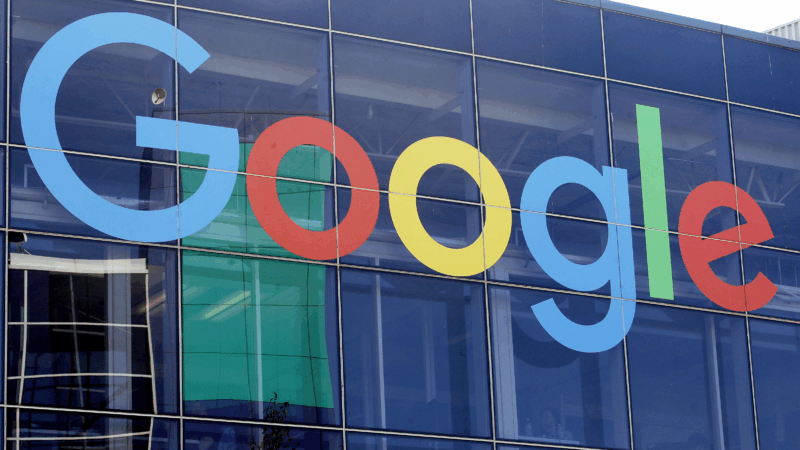Google will pay Texas $1.4B to settle claims over user data collection
Google will pay $1.4 billion to Texas to settle claims the company collected users’ data without permission, the state’s attorney general announced Friday.
Attorney General Ken Paxton described the settlement as sending a message to tech companies that he will not allow them to make money off of “selling away our rights and freedoms.”
“In Texas, Big Tech is not above the law.” Paxton said in a statement. “For years, Google secretly tracked people’s movements, private searches, and even their voiceprints and facial geometry through their products and services. I fought back and won.”
The agreement settles several claims Texas made against the search giant in 2022 related to geolocation, incognito searches and biometric data. The state argued Google was “unlawfully tracking and collecting users’ private data.”
Paxton claimed, for example, that Google collected millions of biometric identifiers, including voiceprints and records of face geometry, through such products and services as Google Photos and Google Assistant.
Google spokesperson José Castañeda said the agreement settles an array of “old claims,” some of which relate to product policies the company has already changed.
“We are pleased to put them behind us, and we will continue to build robust privacy controls into our services,” he said in a statement.
The company also clarified that the settlement does not require any new product changes.
Paxton said the $1.4 billion is the largest amount won by any state in a settlement with Google over this type of data-privacy violations.
Texas previously reached two other key settlements with Google within the last two years, including one in December 2023 in which the company agreed to pay $700 million and make several other concessions to settle allegations that it had been stifling competition against its Android app store.
Meta has also agreed to a $1.4 billion settlement with Texas in a privacy lawsuit over allegations that the tech giant used users’ biometric data without their permission.
U.S. unexpectedly adds 130,000 jobs in January after a weak 2025
U.S. employers added 130,000 jobs in January as the unemployment rate dipped to 4.3% from 4.4% in December. Annual revisions show that job growth last year was far weaker than initially reported.
Greetings from Mexico City’s iconic boulevard, where a dog on a bike steals the show
Every week, more than 100,000 people ride bikes, skates and rollerblades past some of the best-known parts of Mexico's capital. And sometimes their dogs join them too.
February may be short on days — but it boasts a long list of new books
The shortest month of the year is packed with highly anticipated new releases, including books from Michael Pollan, Tayari Jones and the late Nobel laureate Mario Vargas Llosa.
Shootings at school and home in British Columbia, Canada, leave 10 dead
A shooting at a school in British Columbia left seven people dead, while two more were found dead at a nearby home, authorities said. A woman who police believe to be the shooter also was killed.
Trump’s EPA plans to end a key climate pollution regulation
The Environmental Protection Agency is eliminating a Clean Air Act finding from 2009 that is the basis for much of the federal government's actions to rein in climate change.
The U.S. claims China is conducting secret nuclear tests. Here’s what that means
The allegations were leveled by U.S. officials late last week. Arms control experts worry that norms against nuclear testing are unraveling.







